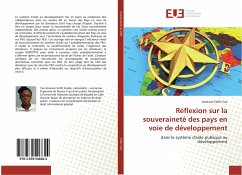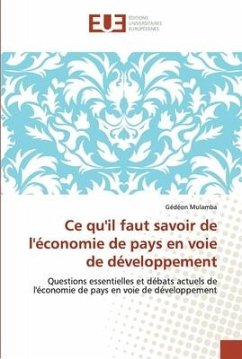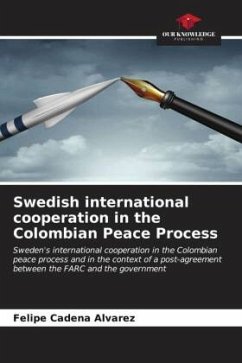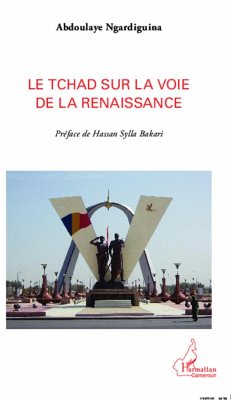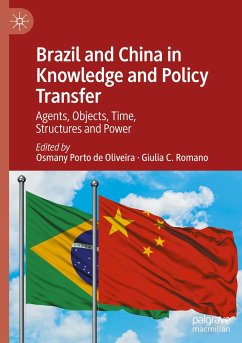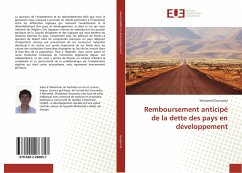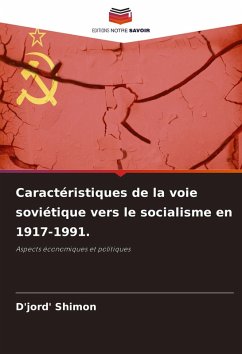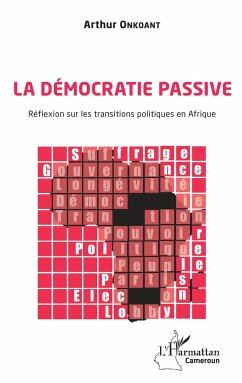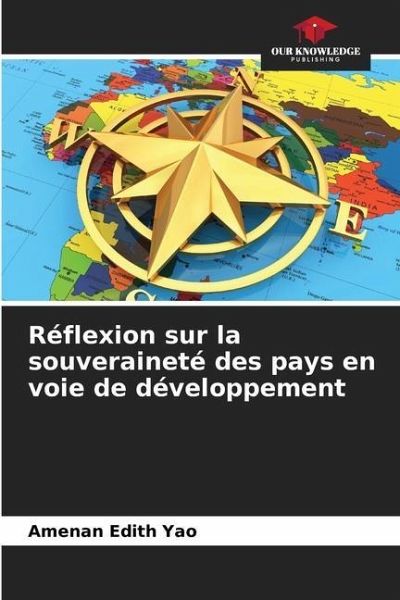
Réflexion sur la souveraineté des pays en voie de développement
Versandkostenfrei!
Versandfertig in 6-10 Tagen
37,99 €
inkl. MwSt.

PAYBACK Punkte
19 °P sammeln!
The system of development aid set up in the aftermath of independence in the 1960s for developing countries by donors was too full of hope. It was intended to be a means of consolidating the sovereignty of these newly independent states. Years later, this system proved to be a source of constraint, of inflection of the self-determination of the developing countries with the misconduct of certain state leaders of these developing countries, now DCs. This book highlights the real influence of the functioning of the aid system on the self-determination of developing countries. It reveals the cons...
The system of development aid set up in the aftermath of independence in the 1960s for developing countries by donors was too full of hope. It was intended to be a means of consolidating the sovereignty of these newly independent states. Years later, this system proved to be a source of constraint, of inflection of the self-determination of the developing countries with the misconduct of certain state leaders of these developing countries, now DCs. This book highlights the real influence of the functioning of the aid system on the self-determination of developing countries. It reveals the constraint, the conditionality of aid and the interference of donors. It analyses the instruments proposed by the donors, the PRSP/HIPC couple, to help this self-determination to assert itself again after a tacit recognition of the failure of aid. The legal analysis of these mechanisms is accompanied by concrete alternative proposals for developing countries. Proper use by both donors and developing countries will make development cooperation more effective and capable of achieving its objectives of emancipation.



